10 Best Computational Biology Platforms 2024
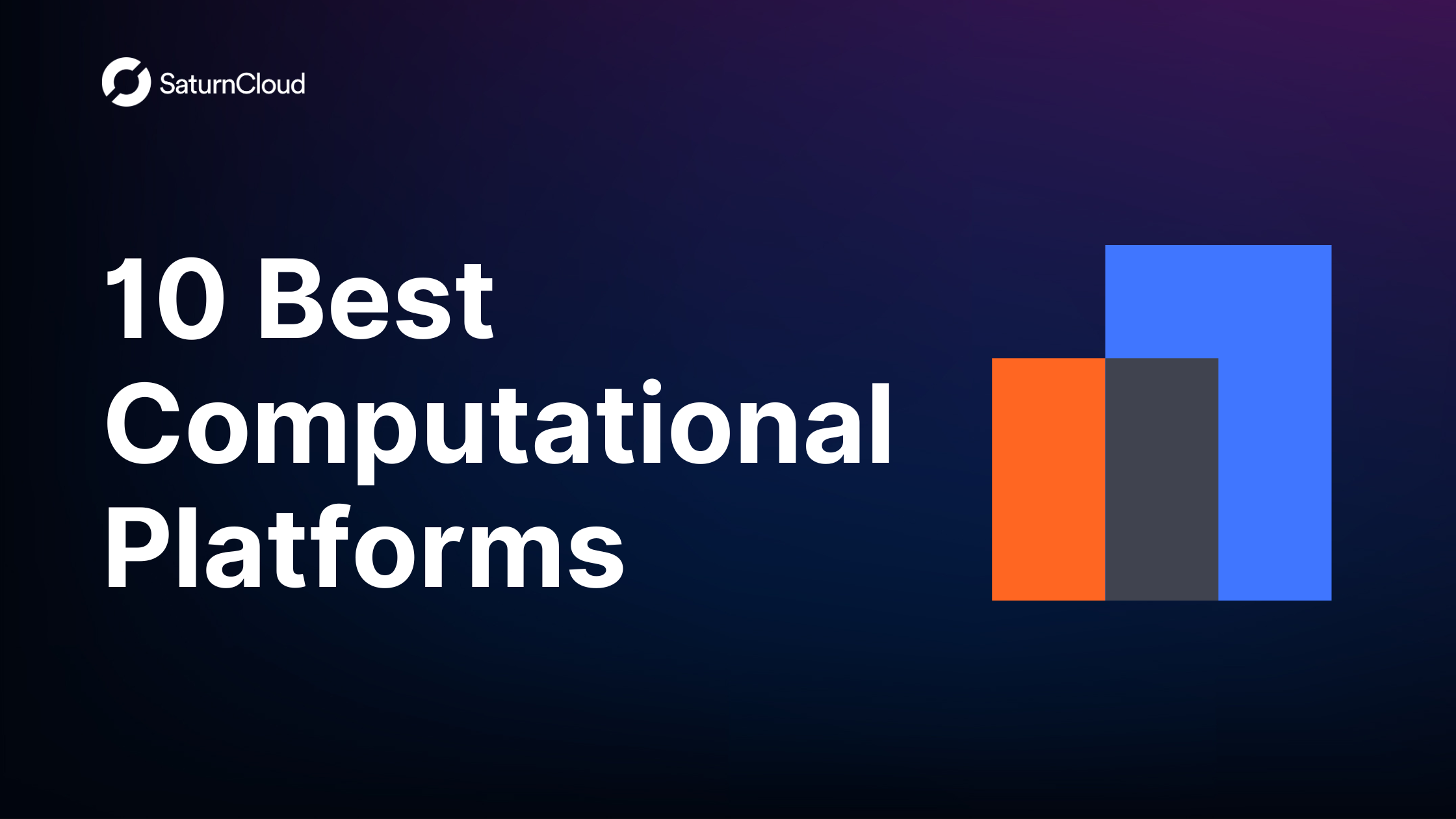
Computational biology is a fast and increasingly growing field, as are its challenges. Storing, organizing, and analyzing large amounts of data need to be accompanied by the right platforms and tools to support it.
Some of the top fields of biology that are generating high amounts of data include genomics, proteomics, metabolomics, and transcriptomics. While some teams prefer to build their own analytics infrastructure, it is also worth looking at the landscape of existing platforms.
In this list, view our top 10 analytics platforms for computational biology, highlighting different compute infrastructure and project management tools to fit different needs.

1. Saturn Cloud
Saturn Cloud is a data science platform for scalable Python, R, and Julia for teams and individuals. Without having to switch any tools, Saturn provides a flexible environment where computational biologists and data scientists can launch high-powered notebooks (Jupyter, R, VS Code, and more) in the cloud, quickly use Dask clusters, GPUs, deploy cloud resources to expand their data science capabilities, collaborate throughout an entire project lifecycle, and more.
Saturn Cloud supports use cases for single-cell analysis, high content screening, collaboration across teams, big data, and much more. Popular tools such as Scanpy and Seurat are readily available, as well as support for hosting custom libraries. For an exemplary tutorial on multi-omics data analysis on Saturn Cloud, check out this in-depth deep learning video created by Yuan Tian from Kite Pharma. Get started for free here.
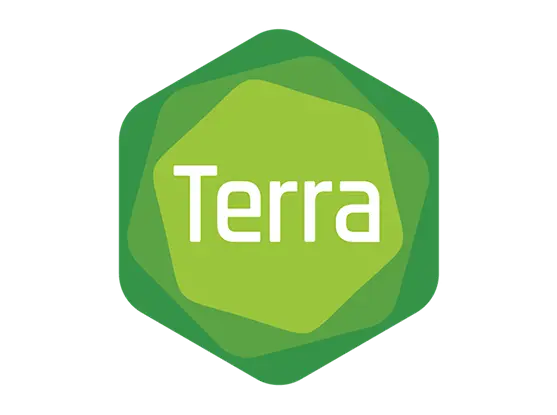
2. Terra
Terra is a cloud-native platform for biomedical researchers to access data, run analysis tools, and collaborate. Their infrastructure connects data repositories on the cloud and empowers researchers to perform integrative analyses reproducibly across datasets at massive scale. For more information, visit: https://app.terra.bio/.

3. Lamin
Started in April 2022, Sunny Sun and Alex Wolf launched Lamin Labs for data scientists, data engineers, and R&D teams as a data & analysis platform solution to biotech companies. They aim to make data and analysis management for comp bio a lot more pleasant, robust, and effective. Currently, they’re in beta testing and are accepting testers. Eventually, they will have a priced tier on top their open-source functionality. For more information, visit: https://lamin.ai/

4. DNANexus
DNAnexus combines expertise in cloud computing and bioinformatics to create the global network for genomic medicine. DNAnexus provides security, scalability, and collaboration for enterprises and organizations that are pursuing genomic-based approaches to health in order to accelerate medical discovery. DNAnexus is supporting customers around the world that are tackling some of the most challenging and exciting opportunities in human health. For more information, visit: https://dnanexus.com

5. Seven Bridges
Seven Bridges specializes in software and data analytics to drive public and private healthcare research. Their solutions include access to datasets, analytic workflows and algorithms, cloud-computing infrastructure, and scientific support — that speed the path from raw experimental data to new treatments and diagnostics. They offer help in genomic and clinical data with immediate access to public datasets and bioinformatics tools. For more information, visit: https://www.sevenbridges.com/

6. Illumina
Illumina’s genomic data platform provides array-based solutions for DNA, RNA, and protein analysis serve as tools for disease research, drug development, and the development of molecular tests in the clinic.
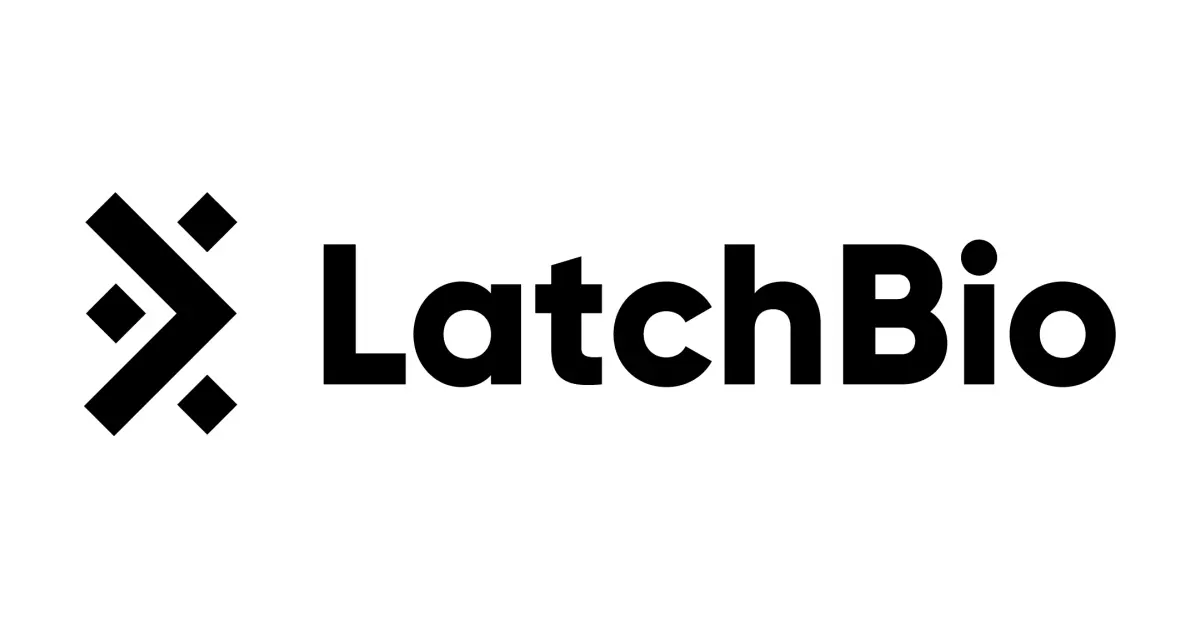
7. LatchBio
LatchBio’s platform harmonizes between wet lab and dry lab in the cloud to help teams accelerate their R&D. Bioinformaticians can build and upload workflows, biologists can access and run the workflows without code, and computational biologists visualize results, extract insights, and perform downstream analysis. For more information, visit: https://latch.bio/
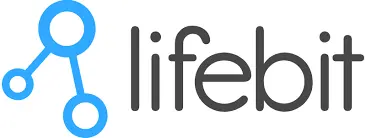
8. Lifebit
Lifebit is genomics platform for unified and secure research over distributed big data - wherever data resides. They assist therapeutic leaders and pioneers in precision medicine on how to access and analyse siloed biomedical data. For more information, visit: https://www.lifebit.ai/

9. Dockstore
Dockstore is a free and open source platform for sharing reusable and scalable analytical tools and workflows. It’s developed by the Cancer Genome Collaboratory and used by the GA4GH. Biologists can use Dockstore in many analysis environments like Terra, DNAstack, DNAnexus, SevenBridges, and more, create reproducible workflows and tools, and share and curate for stargazing. For more information, visit: https://dockstore.org/

10. BC Platforms
BC Platforms provides access and analytics on genomic and clinical cohort data for drug developers. They enable high throughput genomic data production, flexible data integration, secure data management, efficient analysis and interpretation of molecular and clinical information. For more information, visit: https://www.bcplatforms.com/
Summary
Whether you’re an individual or a team, the solutions above cover a wide variety of options and are some of the highest used tools in the computational biology and bioinformatics field. If you’d like to contribute to this article, reach out to mel@saturncloud.io.
If you’re not quite looking for the above just yet and would like some additional resources, check out the below:

Dabble of DevOps
Dabble of DevOps, led by Jillian Rowe, aids in personal consultation in the biotech field. While it’s not a computational biology platform, the consulting services are helpful including Bioinformatics HPC cluster AWS, Jupyterhub clusters on AWS, Deploying RShiny and Dash on Kubernetes, AWS Compute Infrastructure Roadmap, and more. For more information, visit: https://www.dabbleofdevops.com/
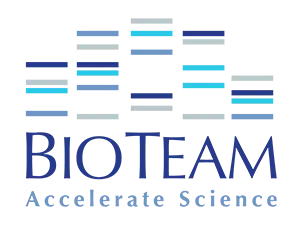
Bioteam
Bioteam is a scientific IT consulting company at the intersection of science, data and technology. They translate scientific needs into powerful, implementable IT solutions and bridge the gap that often exists between science and IT. For more information, visit here: https://bioteam.net
Additional Resources:
- An Intro to Data Science Platforms
- What are Data Science Platforms
- Most Data Science Platforms are a Bad Idea
- Top 10 Data Science Platforms And Their Customer Reviews 2022
- Saturn Cloud: An Alternative to SageMaker
- PDF Saturn Cloud vs Amazon Sagemaker
- Configuring Sagemaker
- Top Computational Biology Platforms
- Top 10 ML Platforms
- What is dask and how does it work?
- Setting up JupyterHub
- Setting up JupyterHub Securely on AWS
- Setting up HTTPS and SSL for JupyterHub
- Using JupyterHub with a Private Container Registry
- Setting up JupyterHub with Single Sign-on (SSO) on AWS
- List: How to Setup Jupyter on EC2
- List: How to Set Up JupyterHub on AWS
About Saturn Cloud
Saturn Cloud is a portable AI platform that installs securely in any cloud account. Build, deploy, scale and collaborate on AI/ML workloads-no long term contracts, no vendor lock-in.
Saturn Cloud provides customizable, ready-to-use cloud environments
for collaborative data teams.
Try Saturn Cloud and join thousands of users moving to the cloud without having to switch tools.



